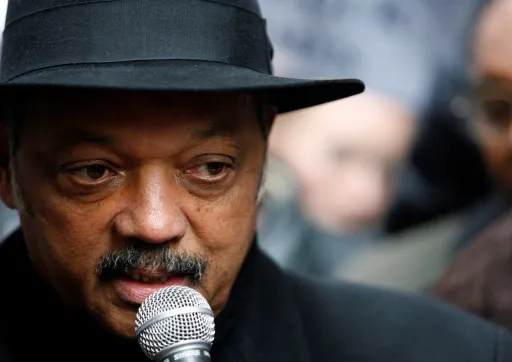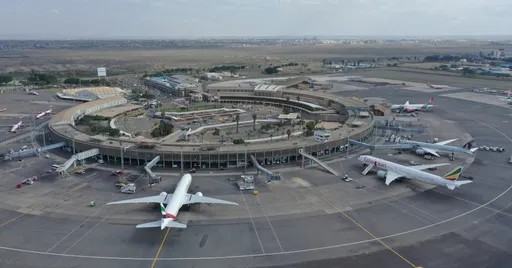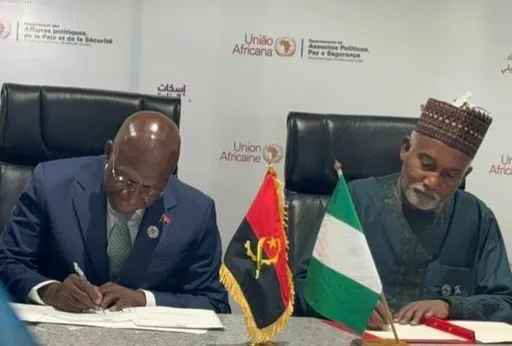By Toby Green
It is a story that is familiar to many readers from dimly remembered history lessons at junior school: the Abolition of the slave trade was one of the great humanitarian causes of human history, driven by evangelical anti-slavery activists in England.
The Quakers were key actors, with figures such as Granville Sharp and Thomas Clarkson spearheading the movement in the UK, leading to the eventual passage of the act abolishing the trans-Atlantic slave trade in 1807. And, once the act had been passed, Britain again led the humanitarian cause.
This story tells us that it was the British who ensured the end of slavery: its Royal Naval West Africa Squadron, based at Freetown, patrolled the Atlantic seas, seizing slave trading vessels and freeing their captives in Sierra Leone.
However, as usually happens with official narratives, this account misses out entire sections of what actually took place. Perhaps unsurprisingly, the role of Africans in the abolition movement, and then in pursuing justice for the evils of slavery, is completely omitted.
Haiti revolution
In recent decades, a few chips in the paternalistic façade have been made. First, the work of historians such as James Walvin and Vincent Carretta has helped to bring some focus onto the role of Black abolitionist figures in the UK such as Olaudah Equiano, whose book on slavery was important in spearheading the early abolitionist drive in the UK in the late 1780s.
Nevertheless, during the 2007 commemorations of the bicentenary of the 1807 Abolition act, many in the UK’s Caribbean diaspora complained about a “Wilberfest”: acommemoration of the Hull MP William Wilberforce, who sponsored the act through the London parliament.
15 years later, a new wave of revisionist historians is now showing that the history of the abolition is far vaster than the official narrative allows.
Not only did Africans overthrow the slave trade through the revolution in Haiti (1791-1804) and centuries of resistance against the plantation institution: they also spearheaded the legal struggle both for abolition, and for reparations against the enormous injustices of Atlantic slavery.
Detective work
The new history of Abolition begins not in London in the 1780s, but a century earlier - in the Vatican, in 1684.
A landmark new book by José Lingna Nafafé, a historian from Guinea-Bissau based at the University of Bristol in the UK, tells the story of a prince from the kingdom of Ndongo (in modern Angola), Dom Lourenço Mendonça da Silva, who took a legal case to the Propaganda Fide in the Vatican in that year: it was a case that demanded the Abolition of the trans-Atlantic slave trade.
Mendonça came as the procurator of the African Catholic Religious Brotherhood in Lisbon.
Through 20 years of incredible detective work in archives across three continents, Nafafé reveals for the first time how Mendonça was not just some isolated figure: instead, his legal case was supported by testimonies from allied religious brotherhoods across the Portuguese empire, in Angola and Brazil.
Mendonça argued that slavery was contrary to natural, human, and divine law. He drove his case forward with acute legal knowledge and skill, drawing on the four years which he had spent studying at a monastery in northern Portugal, and the two years which he had subsequently spent studying in Toledo outside Madrid.
But his case was also propelled by the moral outrage that Mendonça felt from having seen all sides of the Atlantic slavery triangle: Portugal’s military wars of conquest and enslavement in Angola, the inhumane treatment of Angolan slaves in north-eastern Brazil (where he had spent some time), and the legal justification of this inhumanity in Portugal.
Just as Africans initiated the legal case for Abolition, so a new book shows us how they have been vital in the ongoing legal quest for reparations ever since. This is a pioneering work by the US-based Brazilian historian Ana Lucía Araujo.
Concerted demands
Originally published in 2016, the imminent second edition of her workon reparations reveals in remarkable scope and detail how Africans and people of African descent have always spearheaded the legal case for reparations.
Early reparations activists began work in the second half of the 19th and early 20th centuries in the US. The aftermath of the civil war (which ended in 1865) was shattering for formerly enslaved people now driven into impoverishment and further marginalisation – during what American historians have generally called an era of “reconstruction”.
The reality of the further descent of the US into an overtly racist and segregated society – with Jim Crow laws, lynchings, and the formation of the Klu Klux Klan – was one side of the coin; the other was the organisation of African American activists to make concerted demands for reparations for these crimes.
Araujo then shows how the current landscape of the demands for reparations evolved throughout the 20th century. These expanded following World War II, and the injustices faced by both the segregated African American population in the US, and Black servicemen who had fought during World War II.
The civil rights’ era of the 1960s then cemented many of the core themes – which George Floyd’s murder and protests in its aftermath have brought to the centre of debates today.
Moreover, with the Caricom reparation commission gathering strength, these histories show us that this movement is not somehow new: rather, they are part of a long struggle in which Africans have demanded justice from the painful arc of history.
The author, Toby Green, is a historian at King’s College London.
Disclaimer: The viewpoints expressed by the author do not necessarily reflect the opinions, viewpoints and editorial policies of TRT Afrika.























